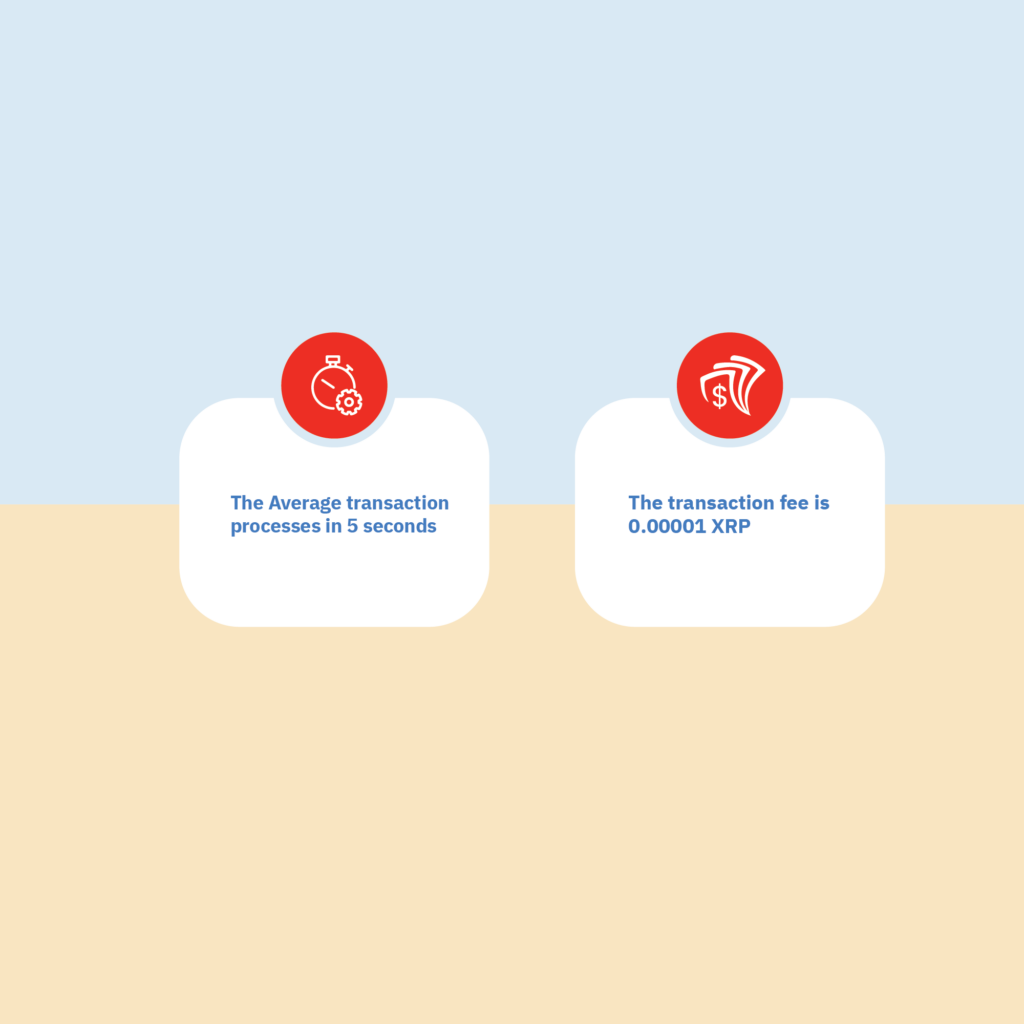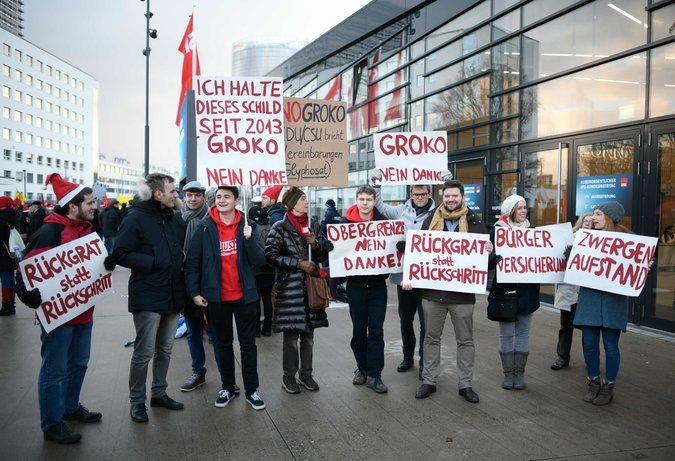Coalition Negotiations: German Conservatives And Social Democrats Seek Common Ground

Table of Contents
Key Policy Differences and Potential Compromise
The CDU/CSU and SPD, while both committed to Germany's success, hold diverging views on several crucial policy areas. Successfully navigating these differences is paramount for the success of the Coalition Negotiations.
Economic Policy
Significant disagreements exist regarding fiscal policy and the role of the welfare state. The SPD advocates for a stronger social safety net, potentially expanding the "Bürgergeld" (citizen's allowance) program, increasing social welfare spending, and implementing progressive tax reforms. The CDU/CSU, while supportive of social welfare, generally favors a more fiscally conservative approach, prioritizing economic growth through tax cuts and deregulation. Potential compromises could involve targeted increases in social spending coupled with measures to stimulate economic growth, achieving a balance between social welfare and fiscal responsibility.
- SPD: Increased minimum wage, higher taxes on high earners, expanded "Bürgergeld".
- CDU/CSU: Tax cuts for businesses, reduced bureaucracy, focus on attracting investment.
- Potential Compromise: A phased expansion of "Bürgergeld" with accompanying measures to control costs and boost economic activity.
Climate Change Policy
The two parties also differ on the pace and methods of Germany's energy transition ("Energiewende"). The SPD champions ambitious renewable energy targets and a faster phasing out of coal, advocating for significant investments in climate protection measures. The CDU/CSU, while committed to climate action, often favors a more gradual approach, emphasizing the need to balance environmental goals with economic realities. Finding a consensus on the speed of the coal phase-out and the level of investment in renewable energy sources will be crucial in these Coalition Negotiations.
- SPD: Rapid expansion of renewable energy, accelerated coal phase-out, stricter emissions targets.
- CDU/CSU: More moderate approach to coal phase-out, focus on technological innovation for climate protection.
- Potential Compromise: A revised timetable for the coal phase-out, coupled with increased investment in renewable energy infrastructure and technological solutions.
Immigration and Integration
Differing perspectives on immigration and refugee policy also present a major hurdle. The SPD generally advocates for a more welcoming immigration policy, emphasizing the need for skilled labor and supporting stronger integration programs. The CDU/CSU, while recognizing the need for skilled migration, tends to favor stricter asylum laws and a more cautious approach to immigration. Reaching a compromise on refugee quotas, integration measures, and asylum procedures will require careful negotiation.
- SPD: More liberal asylum policies, increased refugee quotas, robust integration support.
- CDU/CSU: Stricter border controls, tighter asylum regulations, emphasis on successful integration.
- Potential Compromise: A balanced approach combining stricter border controls with clear pathways for legal immigration and improved integration programs.
Challenges in Coalition Formation
Forming a stable coalition between the CDU/CSU and SPD faces numerous obstacles beyond simple policy differences.
Internal Party Divisions
Both parties grapple with internal dissent. Within the CDU/CSU, there are factions with differing views on economic and social policy, potentially hindering compromise. Similarly, the SPD faces internal pressure from its left wing, which might resist concessions on key policy issues. Overcoming these internal divisions will be essential for successful Coalition Negotiations.
Public Opinion and Media Scrutiny
Public opinion and media coverage significantly influence the negotiation process. Negative media portrayal of compromises could erode public trust, putting pressure on both parties to maintain their core positions. The parties must carefully manage public perception throughout the negotiations.
Negotiating Power Dynamics
The relative strength of each party, based on election results and public support, significantly impacts their bargaining power. A close election result can lead to protracted negotiations, with each side attempting to maximize its influence on the final coalition agreement.
Potential Areas of Agreement and Policy Convergence
Despite the considerable differences, several areas offer potential for common ground.
Strengthening the Social Safety Net
Both parties recognize the importance of a strong social safety net. While they differ on the extent of expansion, they can likely find common ground on targeted improvements to unemployment benefits, social security, and welfare programs.
Investments in Infrastructure
Modernizing infrastructure is a priority for both parties. Collaboration on infrastructure projects, digital transformation, and transportation initiatives could create opportunities for consensus-building.
European Union Policy
Both the CDU/CSU and SPD are generally supportive of European Union integration. Finding common ground on EU-related issues, such as the EU budget and foreign policy, should be relatively straightforward.
Analyzing the Future of German Coalition Negotiations
The success of the Coalition Negotiations between the CDU/CSU and SPD will depend on the willingness of both parties to compromise on key policy issues and navigate internal divisions. The challenges are significant, encompassing economic policy, climate change, immigration, and internal party dynamics. However, potential areas of convergence exist, particularly regarding social welfare, infrastructure investments, and EU policy. The outcome of these negotiations will profoundly shape Germany's political landscape and its role in Europe for years to come. Stay informed about the ongoing Coalition Negotiations and their implications for Germany and Europe by following reputable news sources. The future of German politics hangs in the balance!

Featured Posts
-
 The X Files Reboot Anderson Carter And Cooglers Potential Collaboration
May 01, 2025
The X Files Reboot Anderson Carter And Cooglers Potential Collaboration
May 01, 2025 -
 Duurzaam Schoolgebouw Kampen Kort Geding Om Stroomaansluiting Met Enexis
May 01, 2025
Duurzaam Schoolgebouw Kampen Kort Geding Om Stroomaansluiting Met Enexis
May 01, 2025 -
 Is Xrp A Good Investment Understanding The Risks And Rewards
May 01, 2025
Is Xrp A Good Investment Understanding The Risks And Rewards
May 01, 2025 -
 Coalition Agreement Challenges For Germanys Spd As Youth Anger Grows
May 01, 2025
Coalition Agreement Challenges For Germanys Spd As Youth Anger Grows
May 01, 2025 -
 Te Ipukarea Society New Research On Understudied Seabird Populations
May 01, 2025
Te Ipukarea Society New Research On Understudied Seabird Populations
May 01, 2025
